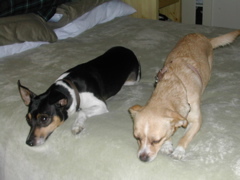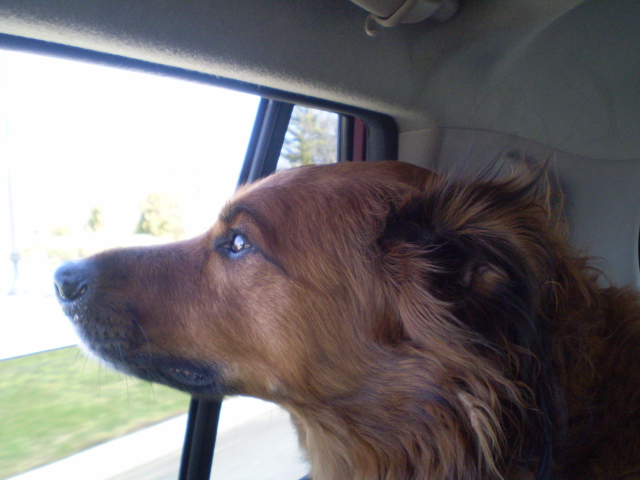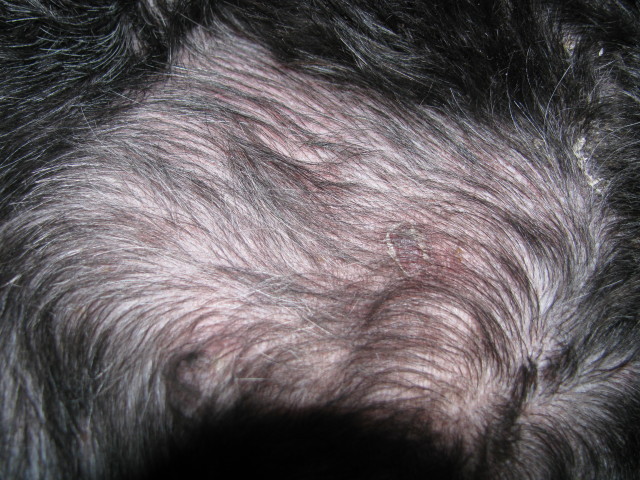Questionwe just bought a maltipoo dec. 16. he is 10 weeks old and was coughing a lot we took him to the vet and they have referred us to another one after taking an xray. can you explain what procedure can be done for this hernia and the ball park price. i want to do everything possible but would like a little bit more info. on what to expect. thanks a bunch!!!
AnswerHi Paula,
I'm sorry to hear of your sick little puppy.
Peritoneal-pericardial-diaphragmatic hernia means your puppy's intestines are traveling through a hole in her diaphragm into her chest cavity. Once a tear in the diaphragm is present, abdominal contents such as the stomach, liver, and intestines are able to enter the chest cavity. This compresses the lungs and prevents them from fully inflating, causing respiratory distress. The abdominal tissues may irritate the heart muscle, which may cause abnormal heart rhythms. Fluid may leak into the chest cavity from the abdomen, further complicating and worsening cardiopulmonary function.
It needs to be corrected or she will eventually die.
Surgery as early as possible is important to prevent organ entrapment or scarring between the intestines and the chest cavity.
The prognosis for any patient with with a diaphragmatic hernia always initially guarded. It improves once the patient has been stabilized and the heart rhythm is normal. After surgery, the risk of a condition called re-expansion pulmonary edema requires that a guarded prognosis be given for at least twenty-fours after successful surgery. The prognosis for young pets with congenital diaphragmatic hernia is guarded to good, and is based on the specific findings during surgical correction.
This is a congenital birth defect, but could have been prevented if her breeder had been more careful in selecting his breeding stock.
Vet bills vary, depending on where you live. This procedure can run around $1320.00 (more or less). Your vet can give you a much better idea of the price of the surgery, and may be able to offer payment options, such as paying the bill off over time.
There is also a special credit card you can apply for to pay for veterinary bills, it's called CareCredit:
http://www.carecredit.com/
I hope I've been a help.
Best of luck,
Patti

 Vicious fighting between two females
Question
Alice and Julia
I have two female rescue dogs
Vicious fighting between two females
Question
Alice and Julia
I have two female rescue dogs
 Temperature before birth
QuestionQUESTION: My female cheweenie is on day 52 of h
Temperature before birth
QuestionQUESTION: My female cheweenie is on day 52 of h
 aggressive kids and dogs
QuestionI have a hyper aggressive 6 yr old who always p
aggressive kids and dogs
QuestionI have a hyper aggressive 6 yr old who always p
 Dog fur is flaking off, scabbing, itching like crazy
Question
zacks tummy
Hi,
We have a four-year-old cockap
Dog fur is flaking off, scabbing, itching like crazy
Question
zacks tummy
Hi,
We have a four-year-old cockap
 aggressive behavior between my 3 dogs
Question
My loves watching tv
I have always had boxers,
aggressive behavior between my 3 dogs
Question
My loves watching tv
I have always had boxers,